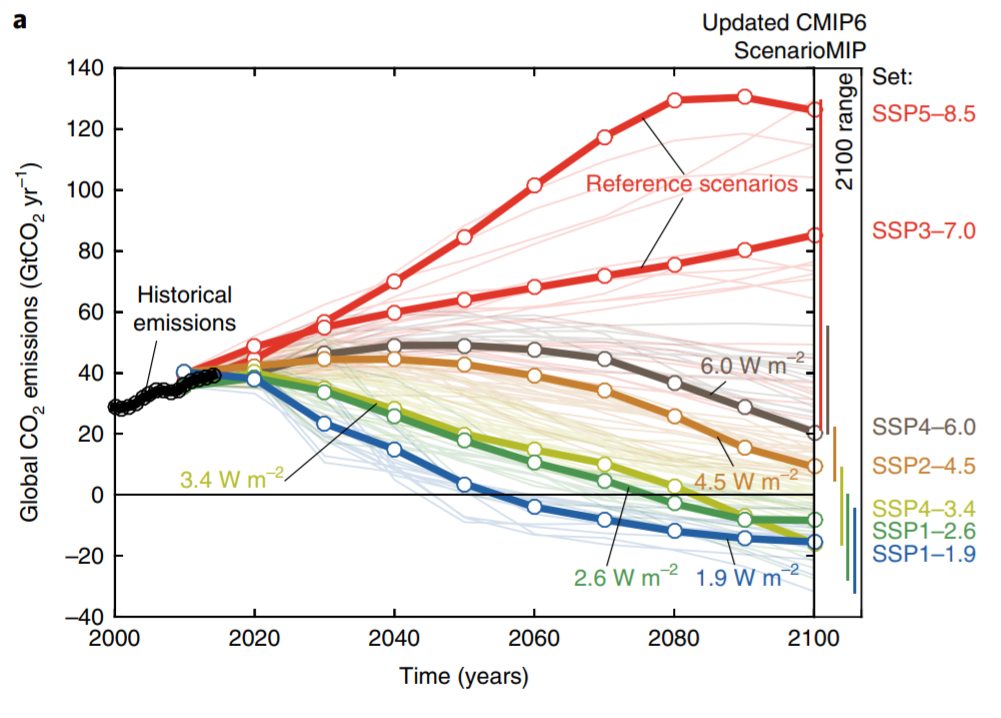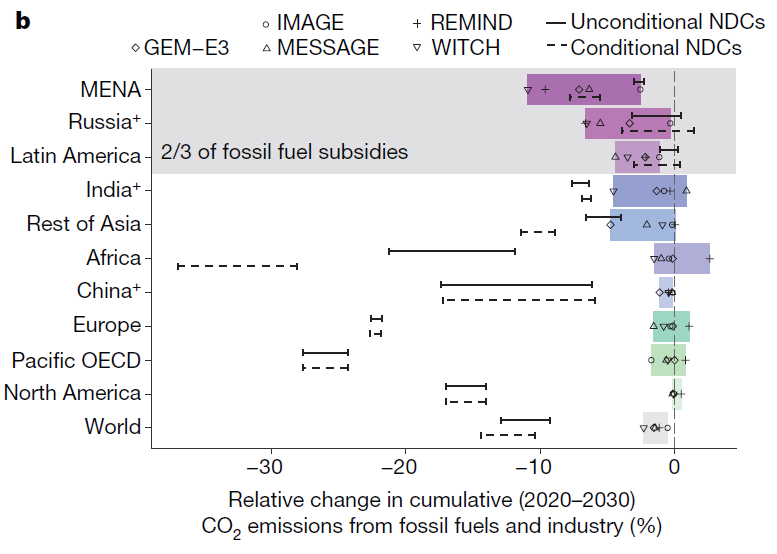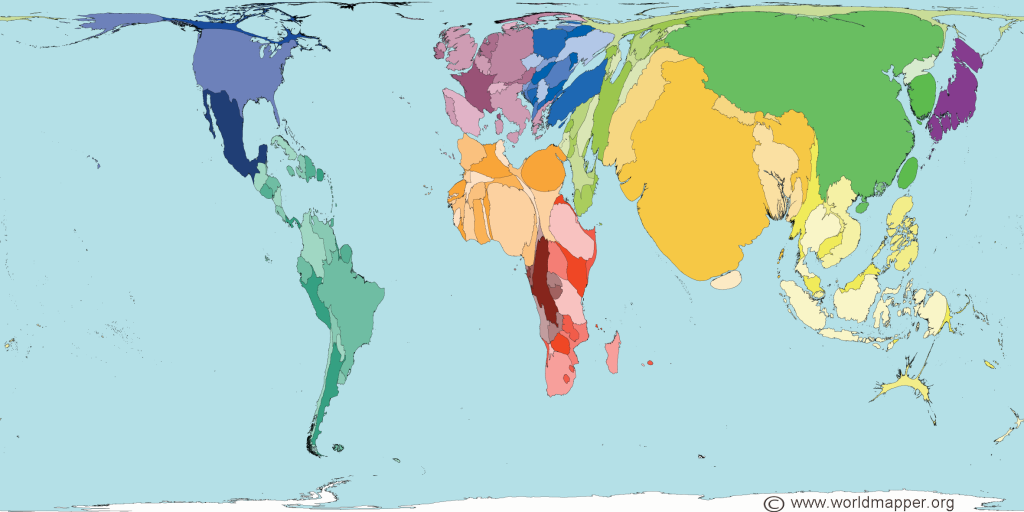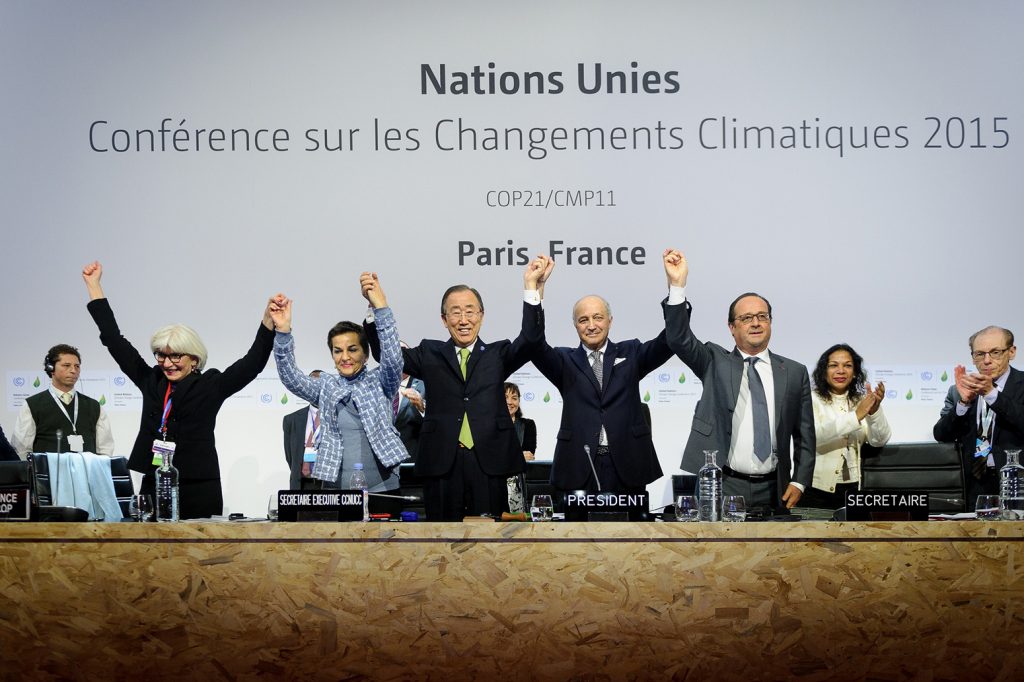Solar radiation management in cooperative and non-cooperative settings
It’s considered as a new strategy to complement traditional climate policies, but without sufficiently strong institutions, there is a risk that some countries will unilaterally deploy climate engineering to the detriment of other nations. It will be essential that this option is discussed and negotiated within the few existing supra-national institutions and possibly jointly with…
Read more











Recent Comments